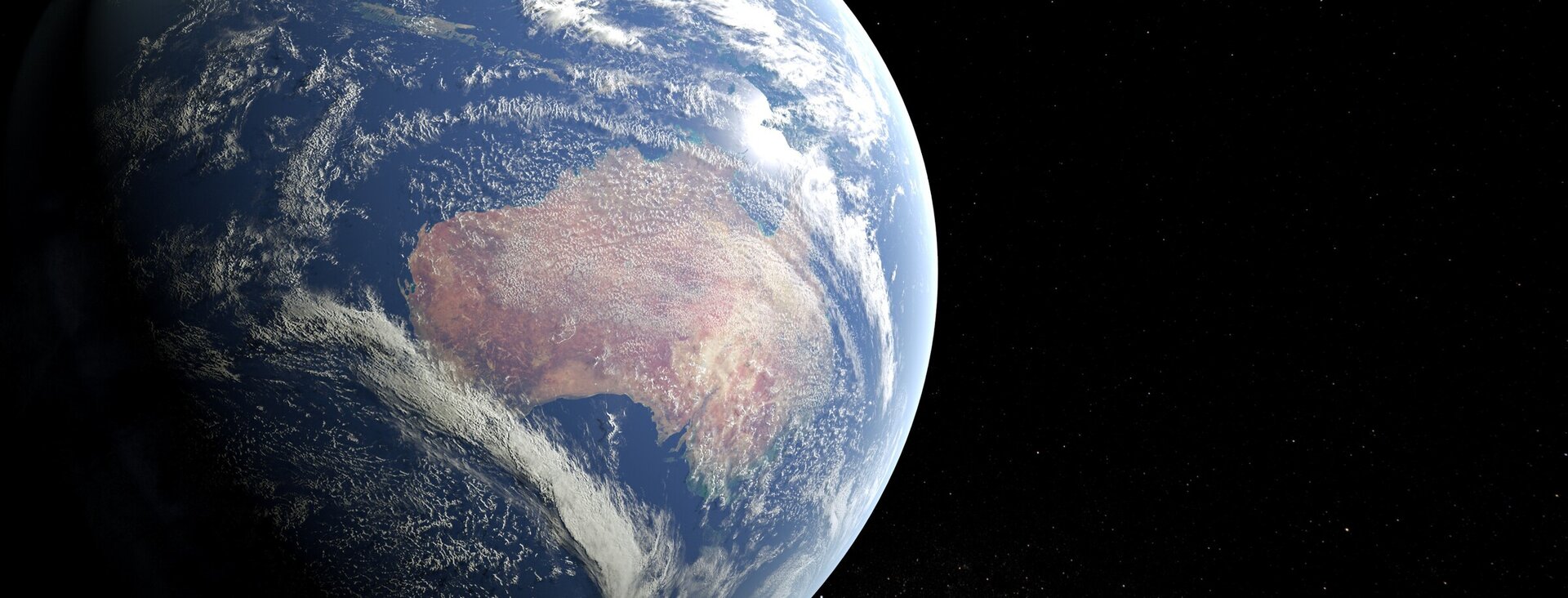What is ergothioniene, why is it important and how does it relate to Seaweed???
In 2018 we were at the Australian Biological farming Conference on the Gold Coast where one of the guest speakers was Jeff Moyer from Rodale Institute in the USA.
This photo is from his powerpoint presentation.
He spoke about farming and food, about the reasons for the decline in nutrition in our modern food and how this is linked to so many diseases.
And he spoke about ergothionene.
Although first discovered over 100 years ago, scientists are only now beginning to understand that this amino-acid is absolutely essential for good health.
Elevated levels of ergothioneine in our blood are strongly associated with a reduced risk of major chronic diseases, including heart disease, stroke, Alzheimer's disease, and a range of other age-related conditions.
Ergothioneine is a unique amino acid and powerful antioxidant that helps protect our cells from oxidative stress and inflammation — two key drivers of aging and chronic illness.
Research suggests that individuals with higher blood concentrations of ergothioneine tend to experience better cardiovascular health, improved cognitive function, and greater overall resilience against degenerative diseases.
Conversely, very low levels of ergothioneine in the body have been linked to accelerated DNA damage, mitochondrial dysfunction, and premature cell death. Without sufficient ergothioneine, cells are more vulnerable to oxidative damage, leading to increased genetic mutations, faster aging processes, and a higher risk of disease development. Scientists have even proposed that ergothioneine could be considered a "longevity vitamin," essential for maintaining cellular health and slowing the onset of age-related decline.
In fact ergothioniene is so essential for good health that our bodies produce a specialised and highly unusual protein as a transporter that pulls ergothioniene from our food and transports it around our body to where it is needed. It even crosses the blood/brain barrier into our brain.
Ergothioniene is essential for health but it isn't made by plants or animals... only fungus. However we can get it from the plants and animals we eat if they were grown in a system that nurtures mycorrhizal fungus.
It's pretty simple.
Mychorrhiza fungus makes ergothioniene and feeds it to plants.
Those plants are eaten by animals, and those plants and animals are eaten by us.
The ergothioniene travels all the way up the food chain.
Now... let's go back to the Australian Biological farming Conference.
Later that day a good friend of ours, a very clever lady who works for a well-known company that produces bioferts, came looking for me. She was very excited by what she had to tell me!
"Liz, I have just finished a round of in-vitro tests to find out what effect different seaweeds and other biologicals have on mychorrhizal fungus. I can tell you that seaweed is good, but your Seaperia seaweed Ascophyllum nodosum was by far the best! It literally blew the others away, the mychorrhiza just went crazy!"
Wow! So what does this all mean? Well...
If we are working at optimising our health we need to ensure we are getting ergothioniene from our food.
We need to make sure our food is grown in healthy soil that is full of mychorrhiza.
So we need to know how our food is grown, either by growing it ourselves or by knowing our farmer.
Then use Seaperia to make sure your soil mychorrhiza are abundant and healthy, and producing lots of ergothioniene to go into your food plants and end up being used by your body.
Of course fungal mycorrhiza are also essential for optimal plant and soil health because they actually penetrate plant roots and extend the plants reach giving it access to far more moisture and minerals than the roots alone can reach.
The way we grow food is impacting our health in ways we are only just beginning to understand.
Using Seaperia seaweed can give you peace of mind that you are growing the highest nutrition food possible for yourself and your family.

